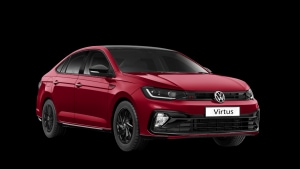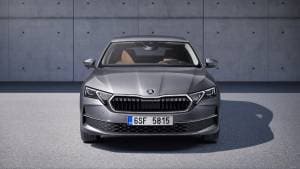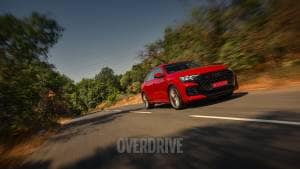2022 Volkswagen Virtus launched in India, prices start from Rs 11.21 lakh
Volkswagen has finally released the Volkswagen Virtus, which starts at Rs 11.21 lakh. After the Volkswagen Taigun, the Virtus is Volkswagen's second vehicle to be built on the MQB-A0-IN platform.
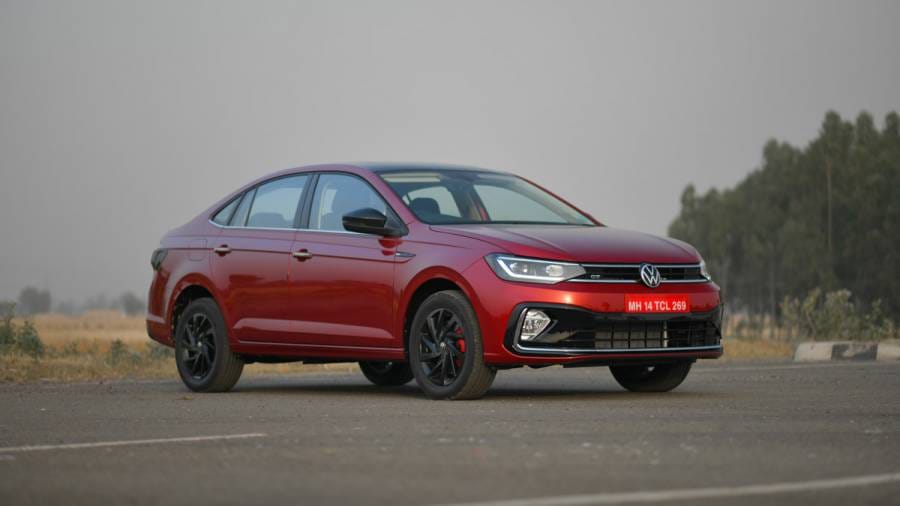
There are two trim levels available for the Volkswagen Virtus: Dynamic Line and Performance Line. The former is available in three trim levels: Comfortline, Highline and Topline, with costs ranging from 11.21 lakh to 15.72 lakh, whilst the top-tier Performance Line option has just one trim level: the GT Line, with a price of 17.92 lakh (all prices ex-showroom India).
The 1.0-litre TSI three-cylinder turbocharged petrol engine, which produces 115PS and 175 Nm of peak torque and is paired to a 6-speed manual gearbox and an optional 6-speed automatic torque converter, powers all Dynamic Line models. The Performance Line grade, on the other hand, comes standard with a 1.5-litre TSI four-cylinder turbo-petrol engine that produces 150PS and 250 Nm of peak torque, as well as a 7-speed DSG automatic transmission. Both include engine start-stop technology, with the latter also having Active Cylinder Deactivation.
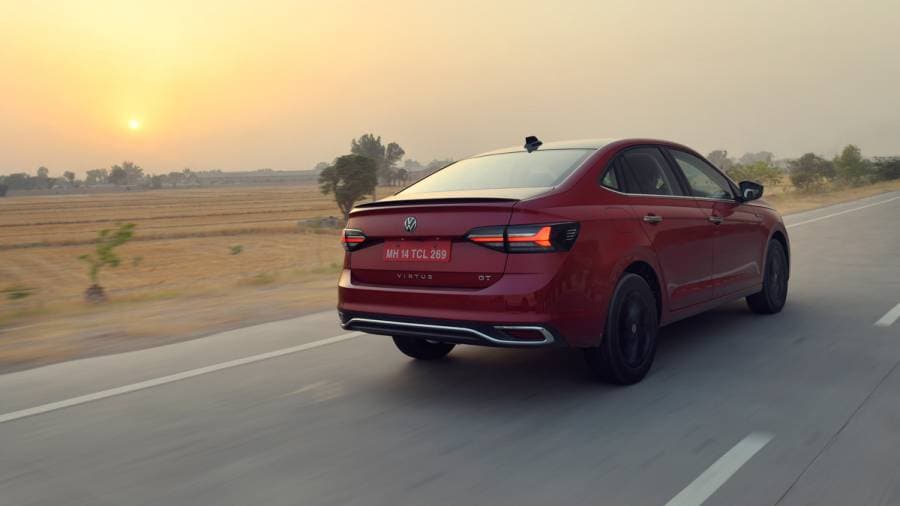
The new Volkswagen Virtus features a striking design and aesthetics. A narrow grille with a chrome strip surrounds the automobile, which is complemented by a set of sleek LED headlights and LED daytime running lights. The GT emblem on the grille is also included with the Performance Line trim.
A strong front bumper with a big air dam and LED foglamps is also included. The Virtus comes standard with 16-inch alloy wheels, with the Dynamic Line getting dual-tone alloys and the Performance Line getting stylish all-black wheels.
The Volkswagen Virtus has a large and well-designed interior with a dual-tone black and beige colour scheme. The dashboard of the Performance Line Virtus has red accents that are unique to the Wild Cherry Red colour scheme. A big 10.1-inch entertainment system with wireless Apple CarPlay and Android Auto, as well as a completely digital virtual instrument cluster and a flat-bottom steering wheel, are featured on the driver-focused dashboard.
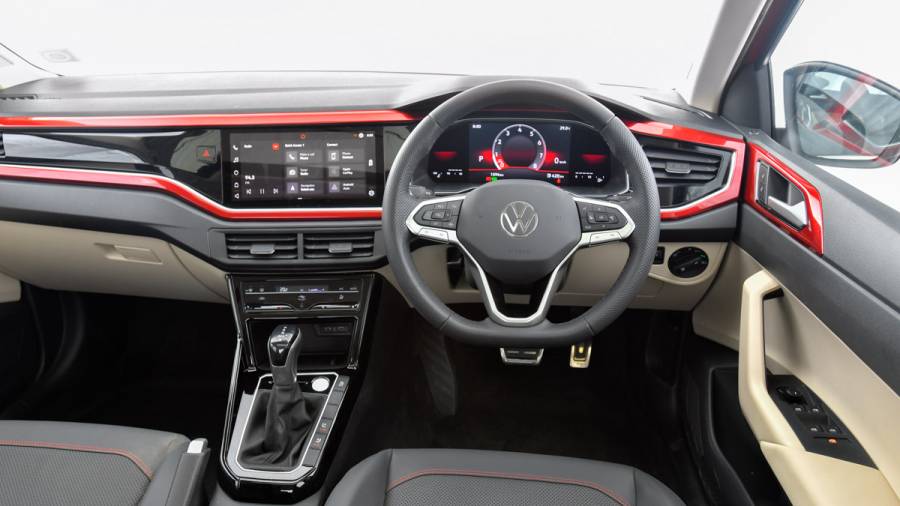
A wireless phone charger, ventilated front seats, automated climate control, rear air-con vents, and an electric sunroof are among the 's amenities. The Virtus has a class-leading 521-litre cargo capacity, which can be increased to 1,050-litres by folding the second-row seat.
The Virtus is equipped with over 40 safety measures, including standard equipment like twin airbags, ABS with EBS, parking sensors, and more. Three-point seat belts for all passengers, a rear parking camera, electronic stability control (ESC), multi-collision braking, tire pressure deflation warning, hold control, and other safety features are included.
Also Read:
Spec Comparo: Volkswagen Virtus Vs Skoda Slavia Vs Honda City
2022 Volkswagen Virtus 1.0-litre AT review, first drive - the sweet spot?
2022 Volkswagen Virtus 1.5-litre GT review, first drive - good news for enthusiasts?
Starts Rs 11.22 Lakhs
999cc
Manual
115
178
18.12 Kmpl
Starts Rs 10.9 Lakhs
1497cc
Manual
100
145
17.8 Kmpl
Starts Rs 10.69 Lakhs
1498cc
Automatic
150
250
18.41 Kmpl
Starts Rs 10.5 Lakhs
1498cc
Automatic
115
250
17.88 Kmpl


